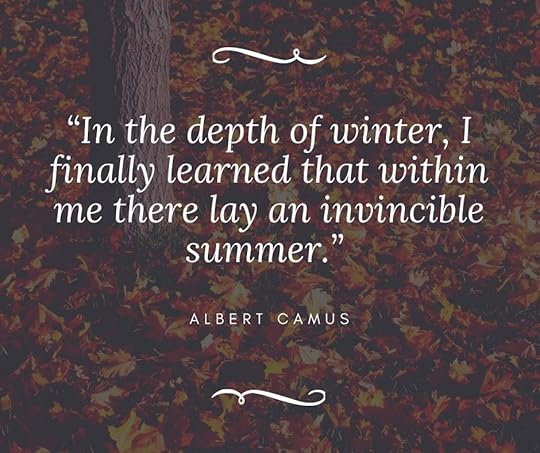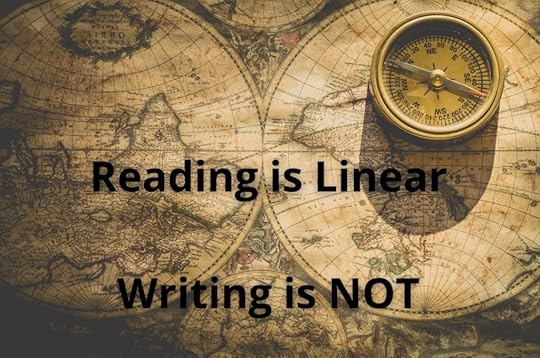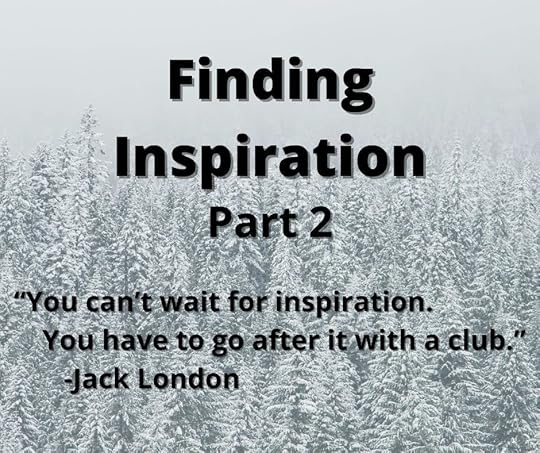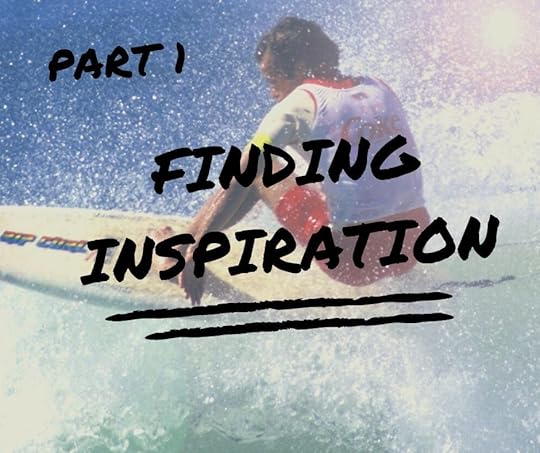Samuel Fleming's Blog, page 9
March 17, 2021
Originality vs Genre Expectations
Those of you in the writing and publishing community might have heard the phrase “Writing to Market.” If you’re heard the phrase, you’re probably having one or two reactions: Either you think it’s super smart or you think it’s selling out. Most of the time, there doesn’t seem to be a lot of nuance to the argument.
If you haven’t heard of “writing to market”, you may still have a strong reaction, because it sounds a lot like selling out. It sounds a lot like being unoriginal, like follow...
March 3, 2021
Monthly Obscure Trope Series — More Dakka

What’s better than a gun going off and bullets flying?
More guns? More bullets? A hail of bullets? Yes.
How does our hero stop a villain who has a gun?
With more guns, of course!
Or as the Tv Tropes page says, “More Dakka is the art of solving problems by unloading as many rounds of ammunition at them as possible.”
This is another one of those tropes that you will recognize from movies, but probably didn’t realize had a name. Sometimes it’s more guns. Sometimes it’s...
February 17, 2021
Seasons of Life (Writing Life, that is)

Everybody’s journey is different. Some of us grow up writing stories and know from an early age that we’re going to spend our life writing stories. Others come to the craft later, but no less hungry; maybe they’re avid readers of an underserved genre and decide they want to write their own story to fill the gap.
One thing I have found consistent between writers is that we all go through seasons. Some of us are in our Spring of writing, just learning (or relearning to love the art). ...
February 3, 2021
Monthly Obscure Trope Series – Punch-Clock Villain

Before we dive into today’s obscure trope, it might be best to preface with morality. In fiction, there are two general morality scales: Black-and-White or Grey-and-Grey.
In Black and White morality stories, the heroes and the bad guys are easy to tell apart. There’s likely some virtuously good force against some clearly evil one. In Star Wars, the Empire is clearly bad and the Rebellion is clearly good. In Lord of the Rings, Sauron and his forces are clearly evil and the hobbit an...
Monthly Obscure Trop Series – Punch-Clock Villain

Before we dive into today’s obscure trope, it might be best to preface with morality. In fiction, there are two general morality scales: Black-and-White or Grey-and-Grey.
In Black and White morality stories, the heroes and the bad guys are easy to tell apart. There’s likely some virtuously good force against some clearly evil one. In Star Wars, the Empire is clearly bad and the Rebellion is clearly good. In Lord of the Rings, Sauron and his forces are clearly evil and the hobbit an...
January 20, 2021
Plotting Forwards and Backwards

The image that most people have of writing is a lot like reading. We imagine the author punching line after line into the keyboard (or typewriter), plodding along in the same direction that we read: From page one to page one hundred.
This view is both poetic and wrong, and the source of a lot of frustration for newbie writers. But at first it’s all we know and so that’s how we write. So today’s post is all about outlining.
“Reading is linear. Writing is non-linear.”
Most peop...
January 6, 2021
Monthly Obscure Trope Series – Intro and Training Montage
The Trope Series will be an ongoing, multiangle look at Tropes—what they are, how you can use them, as well as highlighting some specific tropes each month. My hope is that both readers and writers can get something out of these posts.
https://tvtropes.org/pmwiki/pmwiki.php/Main/Tropes
First, what is a trope? Well, a trope is a tool that storytellers use (see the hyperlink). It’s a necessarily broad definition because tropes can pertain to a vast array of story-pieces. There are trop...
December 23, 2020
On Talent and Running with your Gift

I recently finished Kurt Vonnegut’s writing book Pity the Reader. In it, Suzanne McConnell (a former student of Vonnegut’s) compiles various pieces of advice and tidbits from the master. I might do a more in depth review of the book (which, in short, was great), but I was struck by the section, Eeny-Meeny-Miny-Moe or Choice.
In it, McConnell points to an interview Vonnegut did in The Paris Review in 1977. He speaks about his sister Alice and her talent:
“[Alice] could have been a...
December 9, 2020
Finding Inspiration, Part 2

You cant wait for inspiration. You have to go after it with a club.
Jack London
I think a lot of writers start out with the image of themselves as tortured artists, slaving away at the keyboard or waiting for inspiration to strike. They write infrequently, if ever, and have more manuscripts half-finished on their hard-drive than they have completed ones.
And I think its a shame.
One of the biggest shifts in my career was when I started looking at writing as a job. I started showing up...
November 25, 2020
Finding Inspiration, Part 1

Like all things in life, there is both a short answer and a longer answer to the question of “Where do authors find their inspiration?”
Short answer: Everywhere.
Slightly longer answer: Everywhere, but you need to be open and receptive to it.
The rest of the answer: Inspiration can come from anywhere but it often doesn’t. Inspiration is not a one and done process for a book. Inspiration comes in waves.
Let’s imagine we’re out on a surfboard, floating on the waves. Waves a...



